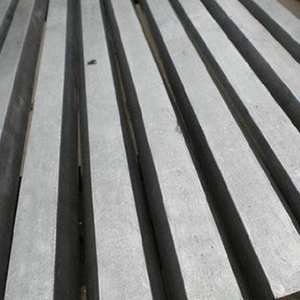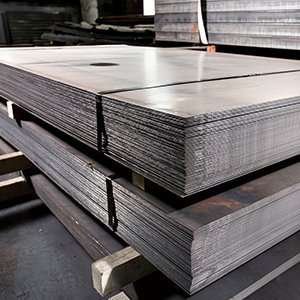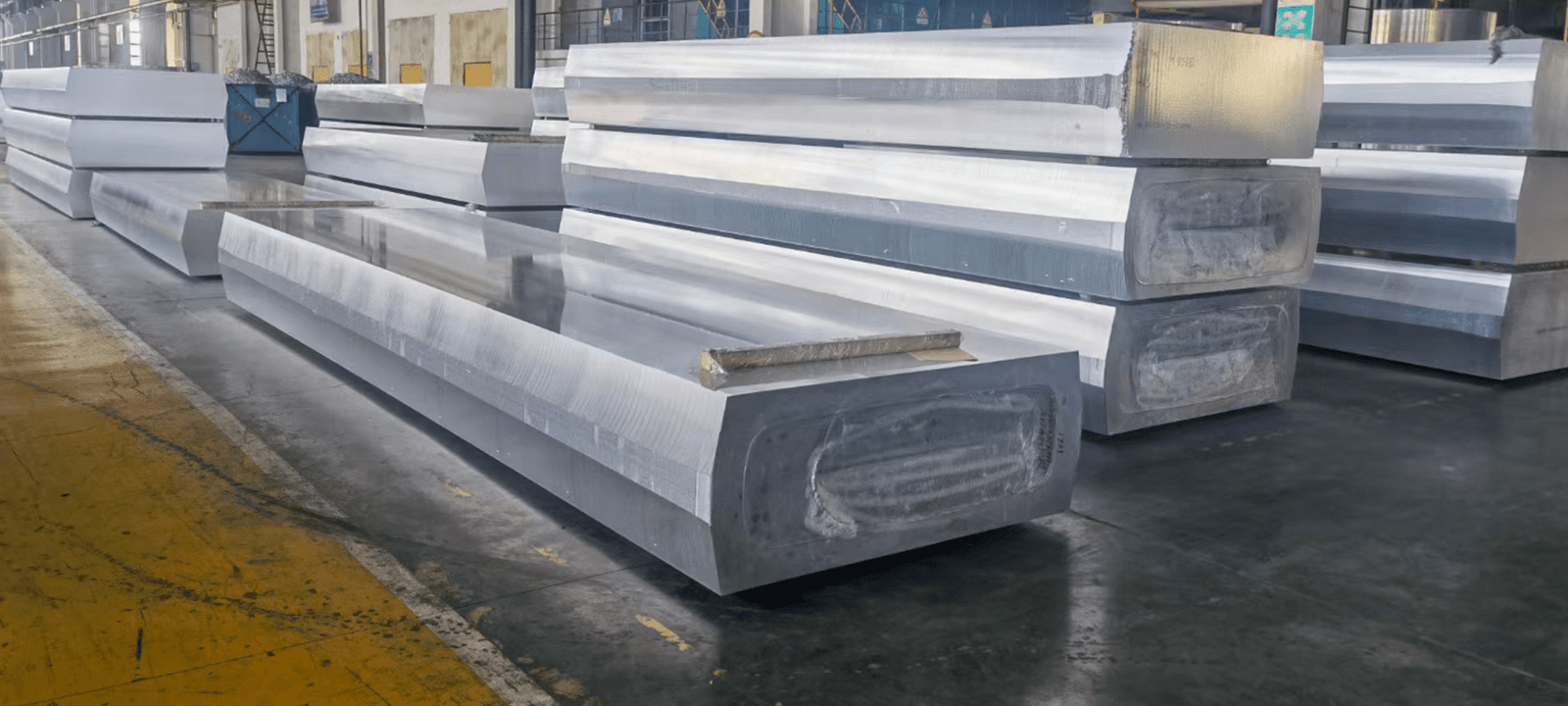Type 316Ti (UNS S31635/1.4571)
- High corrosion resistivity.
- Better creep, tensile strength, and stress rupture.
- Superior sensitization resistivity than Type 316.
- Standard welding processes recommended.
- Magnetic properties increase with cold forming
Description
The Type 316Ti stainless steel is the 316 alloy with molybdenum stabilized with titanium. The alloys of Type 316 are highly resistant to corrosion, and they also offer better creep along with tensile strength.
These alloys perform well at high temperatures, and they are not very susceptible to sensitization. This stabilization comes from titanium carbides limiting the chromium carbides, which also increases the overall corrosion resistivity of this alloy.
Common Names:
Other names of stainless steel 316Ti are UNS S31635, and 1.471.
Executive Standards:
- ASTM A213
- BS EN 10216 part 5
Chemical Properties:
| Elements | Content |
| Chromium | 16.5% to 18.5% |
| Nickel | 10.5% to 13.5% |
| Manganese | 2% |
| Molybdenum | 2% to 2.5% |
| Titanium | 0.7% |
| Silicon | 1% |
| Carbon | 0.08% |
| Phosphorous | 0.045% |
| Sulfur | 0.015% |
| Iron | Balance |
Mechanical Properties:
| Temper | Annealed |
| Ultimate Tensile | 515 MPa (75 Ksi) |
| Yield Strength (0.2%) | 205 MPa (30 Ksi) |
| Elongation (2 inches) | 35% |
Physical Properties:
The density of SS Type 316Ti is 7.99 g/cm3 (0.286 lb/in3).
Key Features:
- The specific heat of 316Ti at 0C to 100C is 500 J.kg-1.K-1.
- Thermal conductivity is between 0C to 100C (32F to 212F)
- Its thermal expansion is 16.5 μm/μm/°C.
Product Forms Available:
- Plates.
- Coil.
- Strips
- Sheets
Applications:
- Construction encasement
- Armatures, doors, and windows.
- Modules off-shore modules
- Chemical tankers tubes and containers.
- Synthetic fiber.
- Transportation of chemicals.
- Food & beverages.
- Pressure vessels.
- Pharmacy.
- Textile and paper plants.
Possible Alternative Grades:
- Type 316/L for better heat resistivity and corrosion resistivity.
FAQs
- Does 316Ti alloy feature any magnetism?
The alloy may show a few magnetic traits when quenched. And with increased cold forming, the magnetic abilities increase.
- What are the standard welding processes for this steel alloy?
The standard welding processes for this alloy are laser beam welding, arc welding, TIG welding, MAG welding, and SAW.
- Which industries predominantly use the 316Ti alloy?
Chemical industries use this alloy for containing and transporting chemicals. Furthermore, this alloy is frequently used in automotive as well as the oil and gas industry.
Get A Free Quote Now!







